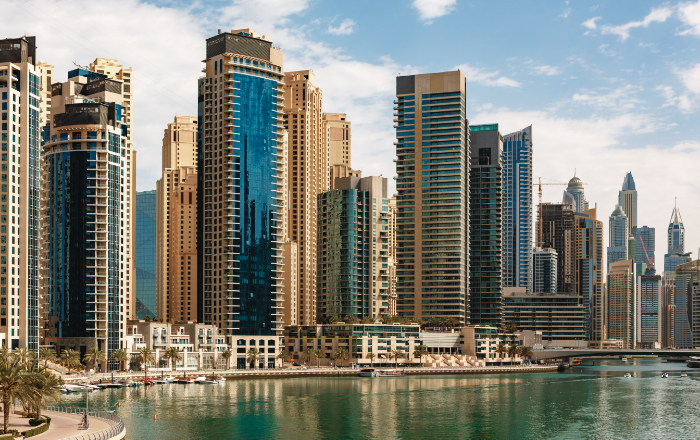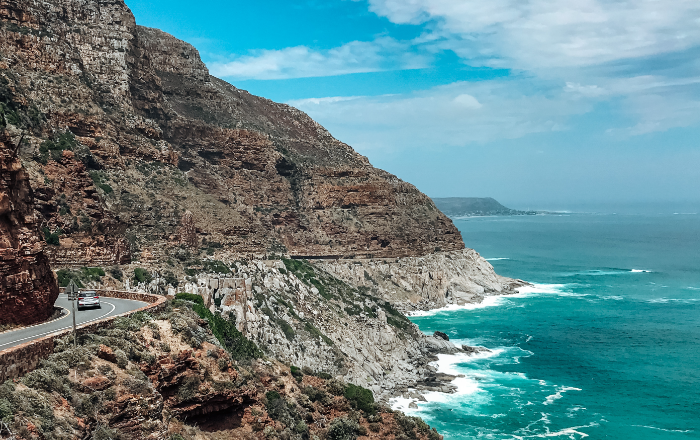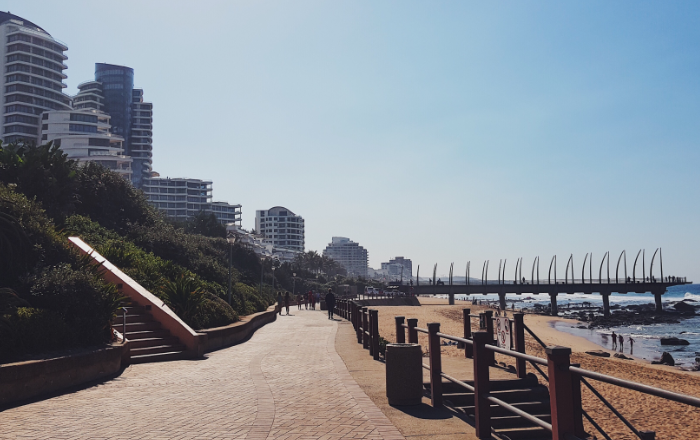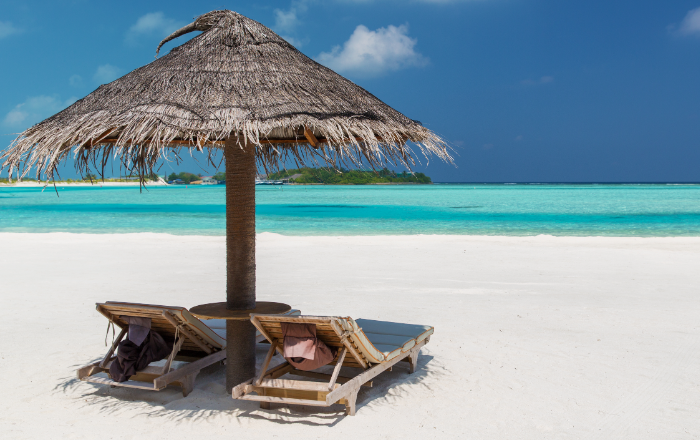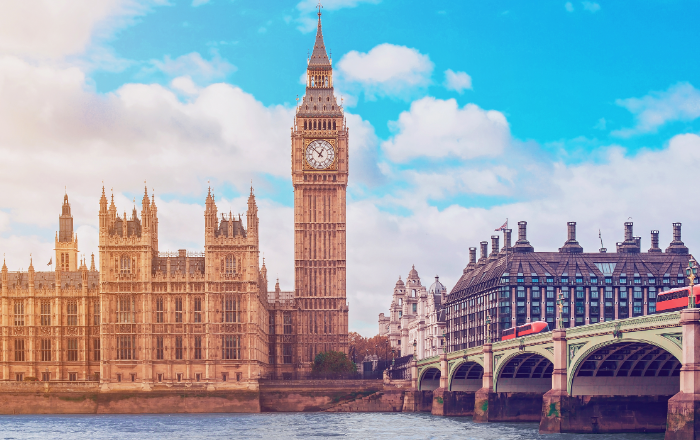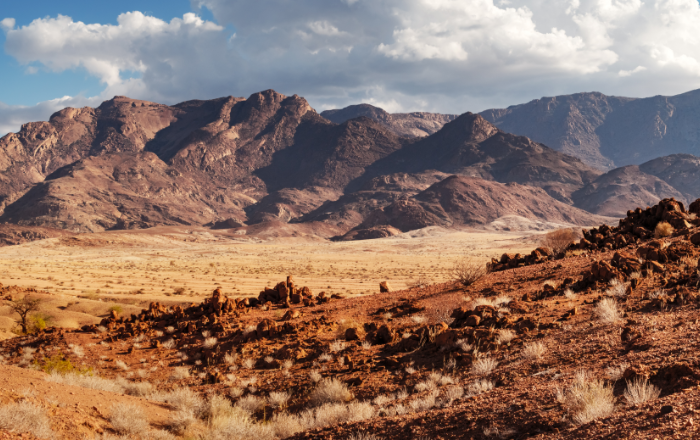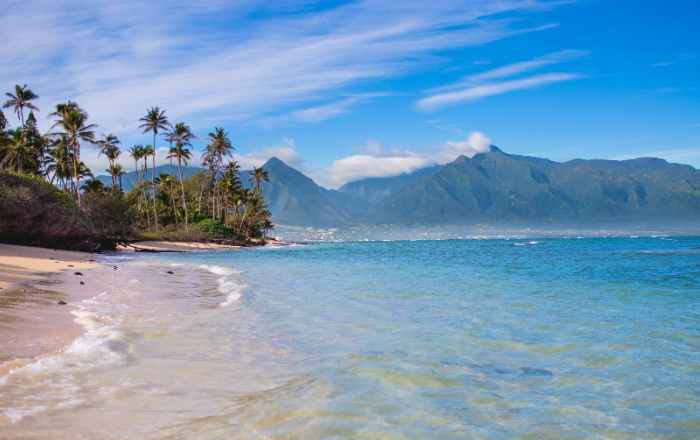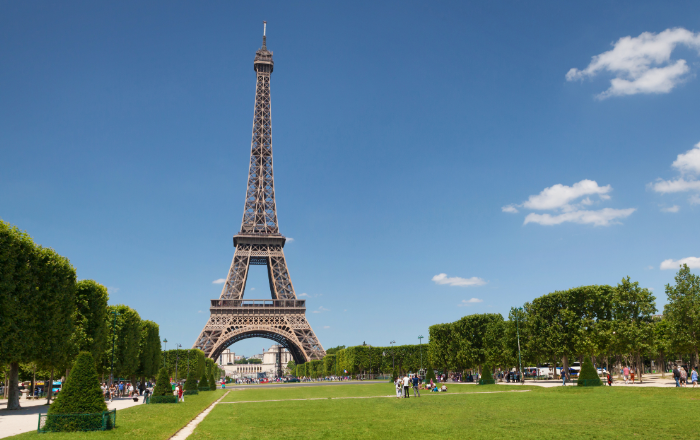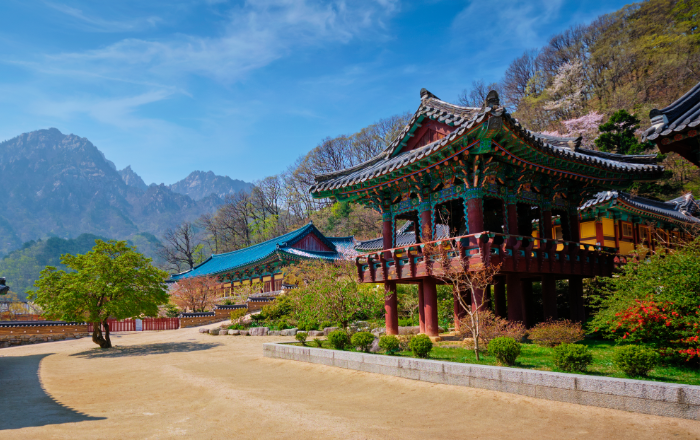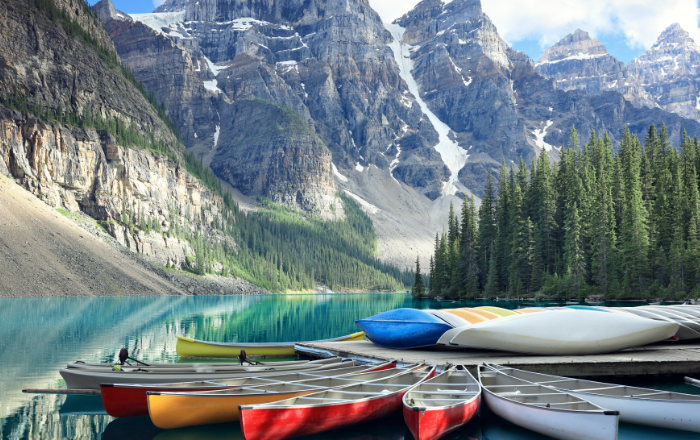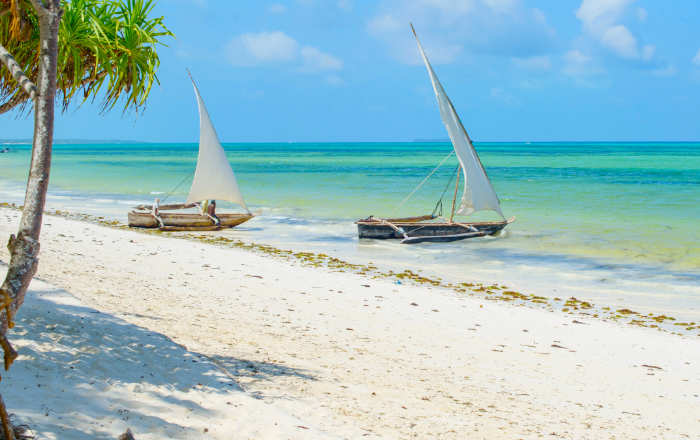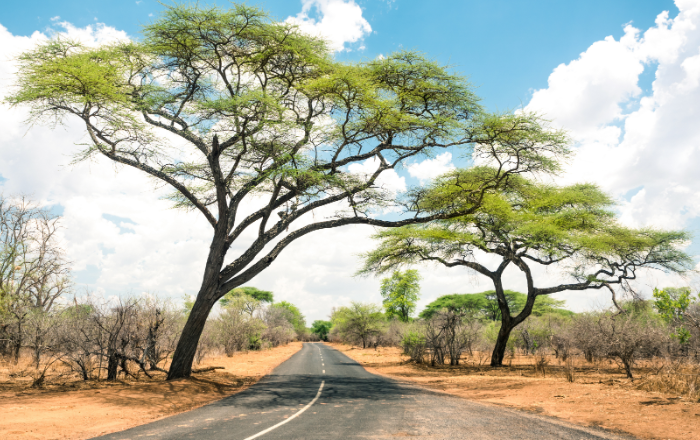Plane tickets from Anchorage to Manchester
Welcome to Manchester - the bustling Northern, industrial city of the UK. Manchester has been a vibrant and exciting city since its establishment as a Roman Fort in 79 AD. With its robust history of industry, Manchester has fluctuated in size and population since then, enduring the Industrial Revolution and subsequent deindustrialization and globalisation of the 20th and 21st centuries. It is now a city of contrasts, with a cosmopolitan population, a thriving cultural hub and cutting edge architecture. In this text we will explore the history, culture and architecture of the city of Manchester.
Getting to Know Manchester
Manchester is a thriving city located in the North West of England. It is the third largest city in the United Kingdom, with an estimated population of 550,000 people. The time zone in Manchester is GMT (Greenwich Mean Time). This is the same as the rest of the UK and is one hour ahead of Central European Time Zone. English is the official language of Manchester but many other languages are spoken within the city. These include Portuguese, Urdu, Bengali and Polish. The currency used in Manchester is the British Pound, which is divided into 100 pence. It is one of the top 10 most powerful currencies in the world and is used in most European countries.
Climate and Weather
Manchester is geographically located in a temperate oceanic climate zone, which is typical of the British Isles and Northwestern Europe in general. The summers are typically warm and humid, with an average daily high of 17-20 degrees Celsius (63-68 Fahrenheit). Winters are not very cold, the average daily temperature hovers around the freezing point, though night time lows can dip below. Snowfall is not very common in the city, occurring perhaps once or twice a winter. Spring and autumn are mild, with plenty of rain. Manchester is known for its rainfall throughout the year, with some months averaging as much as 90 mm of rain or more. This is due to its location in the western part of the country, close to the Irish Sea and the Pennine Mountains, which provide many of the city’s wettest days. Although there are usually a few sunny days throughout the year, it is wise to prepare for at least some rain.
Touring Manchester: Airport and Transportation
There are two airports in Manchester: Manchester Airport and Manchester-Barton Aerodrome. You can get from Manchester Airport to downtown Manchester by taxi, train, or bus. Taxi fares typically cost between £20 and £30 one way; taking the rail costs around £3, but it takes much longer than by taxi. Buses cost between £2.50 and £5 one way; however, they can be crowded and can take up extra time, as they are subject to many stops and traffic. Yes, you can change money at Manchester Airport. In the arrivals area, you'll find several foreign exchange booths open during the day, including Travelex and International Currency Exchange.
Exploring the Rich History and Culture of Manchester
- Manchester has a long and rich industrial history, being the birthplace of the Industrial Revolution and home to names such as the Wright Brothers and Rolls Royce
- It is renowned for its thriving music and arts scene, being home to world-famous bands such as The Smiths and Oasis
- Manchester is a multicultural city, with strong Irish, Caribbean, Indian and Pakistani communities, resulting in a unique and vibrant cultural blend
Check the weather before buying a ticket from Anchorage to Manchester
Q&As for booking flights from Anchorage to Manchester
Are there any nonstop flights available to {destination}?
With the convenient choice of several air companies, you can always get onboard the one that will take you right to {destination} without having to worry about long layovers or inconvenient schedules. Airlines takes you to {destination}
If I want to visit the Kruger National Park, which airport should I travel to?
Depending on your city of departure, you can find many flexible booking options that can bring the tourist attraction to you in the quickest time. To {destination} will get you, offering you the closest starting point for your visit to Kruger National Park
What is the most convenient city I should travel to if I want to visit the Table Mountain in South Africa?
The Table Mountain is a must-see attraction if you want to make your travel experience to South Africa the one to remember. In order to visit the famous landmark in the most convenient location, travel to airports starting to {destination} to enjoy the view.
What is the process flight-tickets.co.za employs to find cheap prices for me for trips originating heading to {destination}?
In order to find the lowest airfare starting in and arriving at {destination}, it is advisable to be flexible with your dates. The same flight could have a lower price depending on your return and also if it is international or domestic. For your ease we have a price calendar to help you choose the most convenient day to fly. In the last week, the trip with the lowest price to {destination} was the cheapest price.
How much does airfare to {destination} usually cost?
The typical price for a trip to {destination} depends on the season. In high season prices could get more expensive than in the low season. In the past, the trip with the lowest price originating in to {destination} in yours dates was the best price.
What are the most popular airports I should head to in {destination}?
There is a range of airports you could travel to in {destination} that take in arrivals originating both in South African cities and other countries. Depending on your city of origin, or whether it is a direct flight or one with a layover, one airport could be more convenient than the other. Below you can find the top airports in the area of your arrival.
What is the cheapest month to book a trip to {destination} if my timetable is flexible?
Traveling in high season has its own perks, but if you’re interested in paying less for your airfare, the most convenient month to take your trip would actually be in low season when there are less crowds and consequently a lesser demand for travel. The nearest low month on the calendar would be.
What are some top tourist attractions to visit in {destination}?
Whether you seek to explore the magnificent African nature or to experience the vibrant culture, we suggest you start your journey in {destination}, where you can have it all with great food, lively nightlife, and incredible landscapes. Check out the great deals of the season: to {destination}, in departure dates
Which airlines heading to {destination} have appropriate COVID-19 sanitation procedures?
After the COVID-19 outbreak, many new policies have taken place in air travel to keep the travelers safe. The following carriers follow these important steps to ensure your wellbeing: Airlines require all passengers to have their masks on for the duration of the trip. The sanitation of the cabin takes place before every departure
Which air companies could provide a flexible cancellation for trips from to {destination} because of COVID-19?
In this tricky day and age to fly most air companies tackle the risks of spreading COVID-19 with such strategies as social distancing and a compulsory wearing of masks. You may trust the following carriers to travel with confidence: airlines. Once boarded, it is the policy of most carriers to ensure every passenger has a mask on as well as to provide pre-flying temperature checks.
